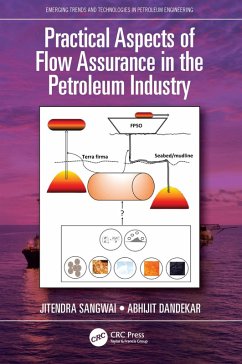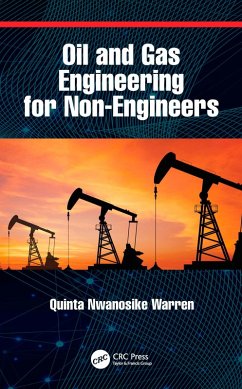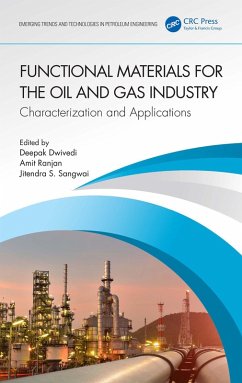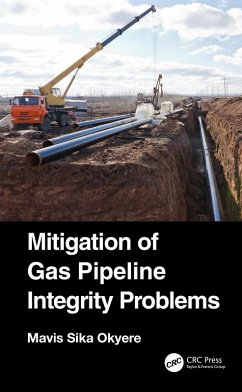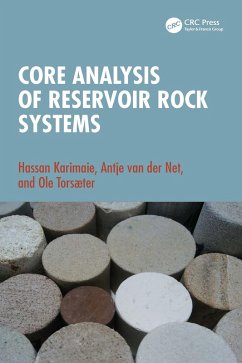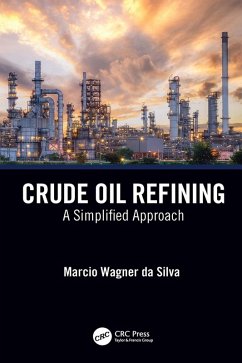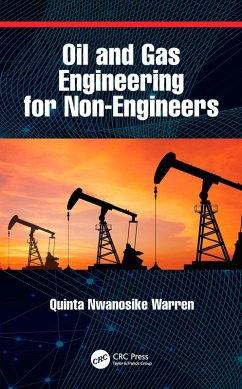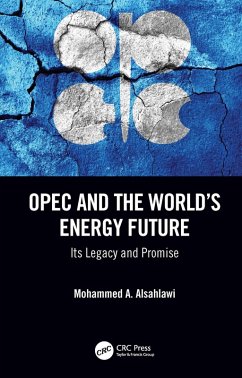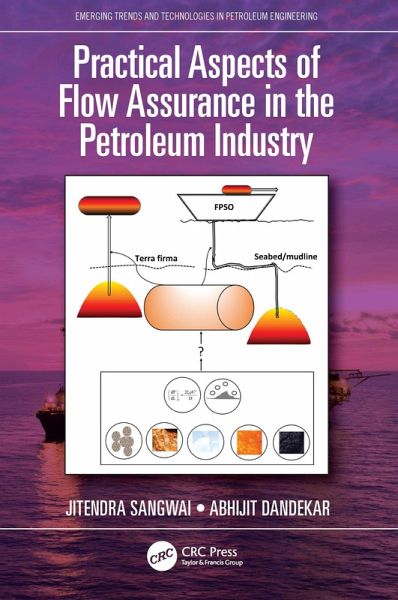
Practical Aspects of Flow Assurance in the Petroleum Industry (eBook, PDF)
Versandkostenfrei!
Sofort per Download lieferbar
47,95 €
inkl. MwSt.
Weitere Ausgaben:

PAYBACK Punkte
24 °P sammeln!
With easily accessible oil reserves dwindling, petroleum engineers must have a sound understanding of how to access technically challenging resources, especially in the deepwater environment. These technically challenging resources bring with them complexities around fluid flow not normally associated with conventional production systems, and engineers must be knowledgeable about navigating these complexities. Practical Aspects of Flow Assurance in the Petroleum Industry aims to provide practical guidance on all aspects of flow assurance to offer readers a ready reference on how to ensure unin...
With easily accessible oil reserves dwindling, petroleum engineers must have a sound understanding of how to access technically challenging resources, especially in the deepwater environment. These technically challenging resources bring with them complexities around fluid flow not normally associated with conventional production systems, and engineers must be knowledgeable about navigating these complexities. Practical Aspects of Flow Assurance in the Petroleum Industry aims to provide practical guidance on all aspects of flow assurance to offer readers a ready reference on how to ensure uninterrupted transport of processed fluids throughout the flow infrastructure by
With its balance of theory and practical applications, this work provides petroleum engineers from a variety of backgrounds with the information needed to maintain and enhance productivity.
- covering all practical aspects of flow assurance,
- being written in such a way that any engineer dealing with the oil and gas industry will be able to understand the material,
- containing solved examples on most topics,
- placing equal emphasis on experimental techniques and modeling methods, and
- devoting an entire chapter to the analysis and interpretation of published case studies.
With its balance of theory and practical applications, this work provides petroleum engineers from a variety of backgrounds with the information needed to maintain and enhance productivity.
Dieser Download kann aus rechtlichen Gründen nur mit Rechnungsadresse in A, B, BG, CY, CZ, D, DK, EW, E, FIN, F, GR, HR, H, IRL, I, LT, L, LR, M, NL, PL, P, R, S, SLO, SK ausgeliefert werden.




